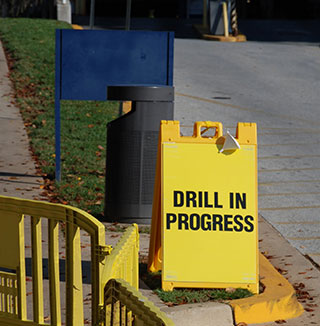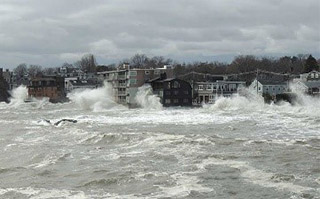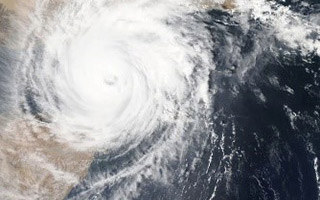
The DR2 Program encourages training and education for people who may conduct research in a public health emergency or a disaster-affected area. Resources, such as workshops, training exercises, and informational materials, are available to help researchers prepare for deployment and conduct disaster-related research.
DR2 Workshop and Working Group Reports
Working Group Summary Report
This report was developed by members of the Integrating Geoscience and Health Data in Disasters Working Group (GHDWG), a sub-working group of the Science for Disaster Reduction interagency coordination group. To identify areas for improvement in data collection, integration, and sharing across the geosciences, atmospheric sciences, and human health fields, the GHDWG conducted a detailed examination of the existing landscape of data using wildland urban interface (WUI) fires as a case study. This report summarizes several activities performed by the GHDWG to explore how data collected by federal agencies can be used more effectively to inform and reduce the health impacts associated with disasters such as WUI fires.
Training Workshops
The DR2 program hosts training workshops around the country to:
- Empower stakeholders to identify and strengthen local capabilities for conducting research.
- Introduce the concept of disaster research.
- Promote collaboration.
Workshops include people from local, state, and federal agencies, universities and research institutes, industry, and community groups.
DR2 plans and conducts training workshops in partnership with local host institutions. Participants consider a specific disaster scenario that might pose an environmental health threat within their community. Participants discuss conducting research in the scenario context. They identify what they will need to design or improve a research plan, implement vital data collection, and coordinate stakeholders as part of the potential response.

2019 Tucson, Arizona
Mock train derailment
Partners: University of Arizona College of Medicine-Tucson, Mel and Enid Zuckerman College of Public Helath, College of Pharmacy, Bio-5 Insitute

2016 Boston, Massachusetts
Nor'easter storm in coastal community
Partners: U.S. Department of Health and Human Services Regional Office, University of Massachusetts-Lowell, Boston University School of Public Health, City of Chelsea Board of Health, Harvard T.H. Chan School of Public Health Department of Environmental Health
- Participant guide (1MB)
- Video summary
- Workshop report (841KB)

2015 Houston, Texas
Hurricane
Partners: University of Texas Medical Branch, University of Texas Southwest Center for Occupational and Environmental Health
- Participant guide (309KB)
- Video summary
- Workshop report (1MB)

2014 Los Angeles, California
Tsunami
Partners: University of California at Los Angeles Labor Occupational Safety and Health Program
Human Studies and Research Ethics
Disasters and public health emergencies present unique circumstances for conducting human health research, which frequently involves the collection of biological specimens, clinical measurements, and exposure data.
Conducting research during or in the immediate aftermath of a disaster or public health emergency places significant demands on scientists developing research protocols and the people charged with rapidly reviewing and approving them. Part of this approval involves an Institutional Review Board (IRB), which is a committee that is formally designated to review and monitor research to ensure that the rights and welfare of human participants are protected.
After disasters communities and research participants may have additional vulnerabilities and IRBs need to be aware of pre-existing cultural, structural, or other population considerations that may affect the welfare of disaster survivors and responders involved in research studies.
The DR2 program has sought to improve the preparedness of IRBs in advance of reviewing disaster related research. DR2 program goals in this area are to:
- Train IRBs and Investigators in the use of disaster research review tools and preparedness strategies
- Create guidance around best practices and special considerations for IRBs in their review of disaster research protocols
- Develop and conduct effective community engagement focused on helping communities understand the importance of disaster research and their rights as research participants
- Increase awareness of the necessity for communicating disaster research results to participants and communities, and the best methodologies for such reporting
- Minimize research interference in disaster response and aid provision to impacted communities
Furthermore, the DR2 Program has worked to advance National IRB Preparedness Programthrough the development of guidance and training to increase the capacity of investigators and IRBs to develop appropriate disaster research protocols and review processes, and to incorporate these resources into disaster research programs.
NIEHS Worker Training Program Resources
The NIEHS Worker Training Program provides occupational safety and health training on hazardous materials for disaster responders and workers, as well as people who will conduct research in a disaster setting. Materials are available through the National Clearinghouse for Worker Safety and Health Training.
Materials are available on the topics below, and others:
Other Training Modules and Resources
National Institute for Occupational Safety and Health (NIOSH) Emergency Responder Health Monitoring Surveillance (ERHMS)™
The NIOSH ERHMS framework provides training resources and tools for implementing health monitoring and surveillance of emergency response workers.
National Science Foundation (NSF) - Natural Hazards Center CONVERGE Training Modules
CONVERGE is an NSF-funded initiative based at the Natural Hazards Center at the University of Colorado Boulder. CONVERGE advances social science, engineering, and interdisciplinary research, and establishes and strengthens networks between disciplinary communities.
- Collecting and Sharing Perishable Data Training Module
- Conducting Emotionally Challenging Research Training Module
- Cultural Competence in Hazards and Disaster Research
- Disaster Mental Health
- Institutional Review Board (IRB) Procedures and Extreme Events Research
- Social Vulnerability and Disasters
- Understanding and Ending Sex-Based Violence in Fieldwork
Federal Emergency Management Agency (FEMA) Emergency Management Institute
The Emergency Management Institute develops courses and delivers training focused on emergency management to enhance stakeholders’ capacity to respond to disasters and public health emergencies.
- Incident Command System and National Incident Management System
- Preparing for Federal Disaster Operations: FEMA Response Partners



